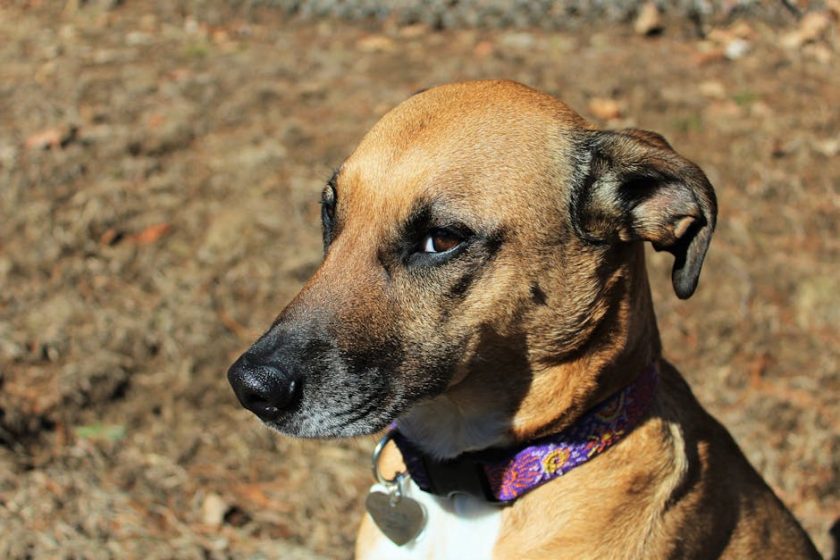1. **Start Training Early:** Begin training your puppy as soon as you bring it home. Early socialization and obedience training help establish a positive bond and prevent behavioral problems later on.
2. **Consistency is Key:** Be consistent with your training methods and commands. Use the same words and gestures each time, and reward your dog for good behavior. Inconsistency can confuse your dog and slow down training progress.
3. **Positive Reinforcement:** Focus on rewarding your dog for desired behaviors rather than punishing for mistakes. Treats, praise, and affection are effective rewards that encourage your dog to repeat good actions.
4. **Short, Frequent Training Sessions:** Keep training sessions short and frequent, around 5-15 minutes. This helps maintain your dog's focus and prevents boredom. Break down complex commands into smaller steps to make training easier.
5. **Use Positive Body Language:** Dogs are highly attuned to our body language. Maintain a positive and encouraging demeanor during training. Avoid harsh tones or physical force, as these can damage your bond with your dog.
6. **Tailor Training to Your Dog's Abilities:** Every dog is different, so adjust your training methods to suit your dog's learning style and temperament. Some dogs may respond well to repetition, while others may need more patience and encouragement.
7. **Socialization is Crucial:** Expose your dog to a variety of people, animals, and environments. This helps them develop confidence and prevents fearfulness or aggression towards strangers. Well-socialized dogs are more likely to be well-behaved in public settings.
8. **Use a Variety of Training Techniques:** Keep training sessions interesting by using a combination of methods, such as clicker training, hand signals, and verbal commands. This helps your dog stay engaged and learn more effectively.
9. **Patience and Persistence:** Dog training requires patience, persistence, and consistency. Don't get discouraged if your dog doesn't learn something right away. Keep practicing and rewarding good behavior, and your dog will eventually master the commands.
10. **Seek Professional Help if Needed:** If you're experiencing difficulties with dog training, don't hesitate to seek professional help from a certified dog trainer or animal behaviorist. They can provide guidance, support, and specialized training techniques to address specific behavioral issues.

